This issue covers:
- New FDA guidance on medical devices submissions
- Electrosurgery testing covered in Rigel guide
- UDI: What European Companies Should Do Now
- New publication covers medicines and medical devices regulatory systems
- Rigel 62353 analyser powers NHS equipment supplier
- Chinese medical device revisions nearing implementation
- Join the LinkedIn debate
New FDA guidance on medical devices submissions
The US Food and Drink Agency (FDA) has released guidance to help European manufacturers of Class II and Class III medical devices seeking clarification from US regulators before or after applications are sent to the FDA for new or modified medical devices, including IVDs, mobile medical apps, and accessories.
Included in the guidance is information on how to receive written feedback from FDA, as well as setting up teleconference and in-person meetings to exchange information in real-time and receive verbal feedback.
Because of differences between EU and US regulatory processes, manufacturers in Europe have various reasons for seeking direct feedback from FDA, and at different times during the product application process. The new FDA guidance outlines the steps and timing that apply to this feedback process, as well as several specific examples of situations.
The move comes as the FDA continues to standardise the methods for its activities. Understanding the new rules for interaction can help get a company’s new device through the FDA's regulatory process and onto the USA market.
More at www.emdt.co.uk/.
Electrosurgery testing covered in Rigel guide
The concept of using heat as a form of therapy and treatment to stop bleeding has been used for centuries. Today, electrosurgery is highly advanced and involves the controlled production of electrically induced heat through the passage of high frequency AC currents through biological tissue, allowing the current to cut or coagulate the tissue at the same time, minimising blood loss, shortening operating times and aiding faster patient recovery.
As a result, electrosurgery generator units (ESUs) have become a crucial piece of equipment in the majority of operative settings and are among the most useful and common instruments used by surgeons today. However, like other electrically operated medical devices they need to be tested regularly to ensure that they are safe for use.
To help, Rigel Medical has produced a comprehensive guide ‘An Introduction to Electrosurgery’. A free copy plus more about the Uni-Therm is available at www.rigelmedical.com/uni-therm or telephone +44 (0)191 587 8730.
UDI: What European Companies Should Do Now
What’s the current status of the medical sectors Unique Device Identification (UDI) implementation? “With regard to Europe, one might say ‘It’s complicated”, writes Thomas Klein, managing editor, EMDT.
While the US FDA seems to be on track with the start of the implementation scheduled for September 2014, it is still hard to guess what a timeframe for the EU could look like.
The decision on the revised medical device regulation is still pending. Dutch lawyer Erik Vollebregt, a specialist in medical technology regulatory issues, says that he doesn’t expect any decision before the elections in May. “Companies should observe very closely what happens in the United States,” Vollebregt advises.
Joël Guillou, director of reimbursement and market logistics at the French industry association SNITEM, ventures the guess that the implementation in Europe will start in late 2016 or even early 2017, and will be completed around 2021. He says: “UDI implementation is a long and specific process, which requires the competence of a skilled team, including regulators, IT and logisticians.”
"Manufacturers need to think what there is to organise in their company, in their supply chain and with regard to their customers at a very early stage." Manufacturers should also set up cross-departmental teams to grasp every aspect of the transition. www.emdt.co.uk/.
New publication covers medicines and medical devices regulatory systems
The former chief executive of the Medicines and Healthcare products Regulatory Agency (MHRA), Professor Sir Kent Woods, and Dr Nassim Parvizi, have had their joint article ‘Regulation of medicines and medical devices: contrasts and similarities’ published in Clinical Medicine, the journal of the Royal College of Physicians. The article provides a comprehensive overview of the regulatory process for medicines and medical devices. Read in full here.
Rigel 62353 analyser powers NHS equipment supplier
Equipment and service supplier to the NHS, Medstrom, has improved the electrical safety testing of thousands of its medical devices using Rigel Medical's 62353 safety analyser.
The company supplies and maintains electrically operated paediatric cots, bed movers, reactive therapy systems, trolleys and carts among other items in hundreds of healthcare facilities across the UK. These have to be regularly tested to ensure compliance with IEC62353, the standard for in-service and after repair testing of medical electronic devices.
The testing work is undertaken by Medstrom’s field service engineers using Rigel 62353 analysers, enabling them to check the electrical safety of equipment to ensure it is safe for use by both patients and staff.
The ability to be able to do this quickly and efficiently means that critical safety tests are completed successfully as an integral part of Medstrom’s after sales support, and dedicated service team, saving time and boosting customer service levels.
Darren Hunt, Medstrom’s technical training manager, said: “The Rigel 62353 is a superb high performance instrument that works extremely well and delivers consistent results. It’s very intuitive, offering a single-button test solution which engineers, who have busy service schedules to complete, really appreciate.
"Test results are easily downloaded to our asset database while the memory and operating instructions are clear, straightforward and easy to navigate."
Chinese medical device revisions nearing implementation
The Chinese government's State Council Executive Committee has approved the country’s medical device regulatory system, bringing the long-awaited revisions closer to actual implementation.
The latest approval follows submission of proposed medical device regulatory revisions by the China Food and Drug Administration’s (CFDA) predecessor agency to China’s State Council Legislative Affairs Office in 2008. Among the anticipated revisions are:
- Changes to medical device definitions and classification rules
- New measures to track risk and quality of device production
- Adverse event monitoring requirements
- Increased penalties for violations and noncompliance
Further details of the revised requirements as well as implementation dates and timeframes should be forthcoming. Hopefully the CFDA will allow adequate time for Chinese medical device market registrants to ensure compliance with any new requirements - especially given the possibility of harsher penalties for violations.
More at www.emergogroup.com/.
Join the LinkedIn debate
Catch the latest debate with John Backes - associate director, Rigel Medical, over on LinkedIn.
John is keen to hear from existing or new LinkedIn IEC62353 forum members about implementing, or not implementing, IEC62353 in the approach to preventative maintenance. Also a booklet on the benefits of testing to IEC62353 is available from the company here.
Do you use Rigel Medical equipment? - If you think you may have a story for future e-news bulletins, please let us know by contacting us here.



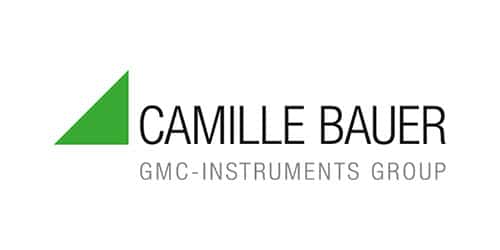
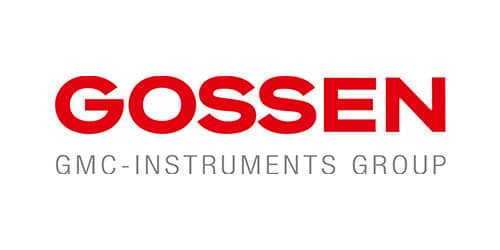
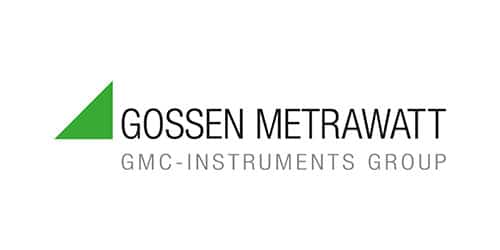
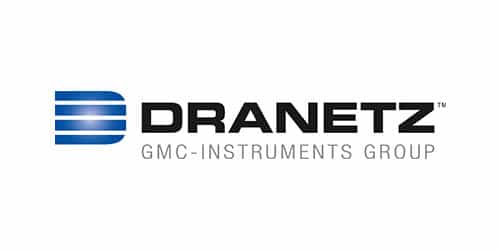
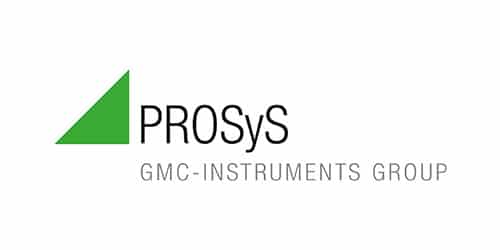
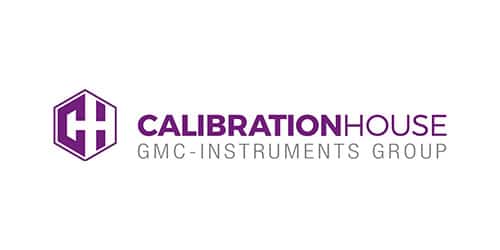
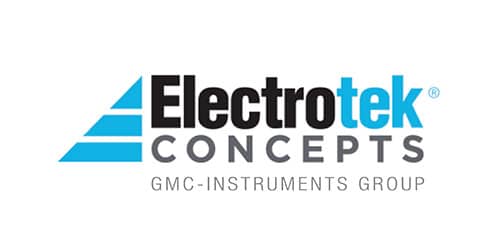
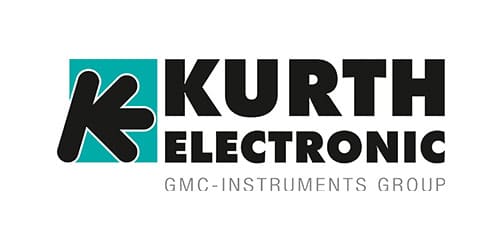
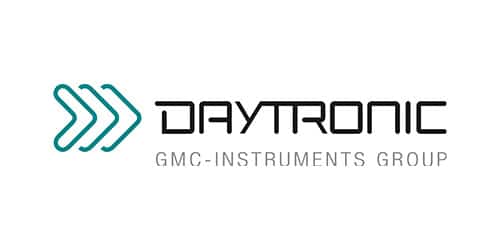
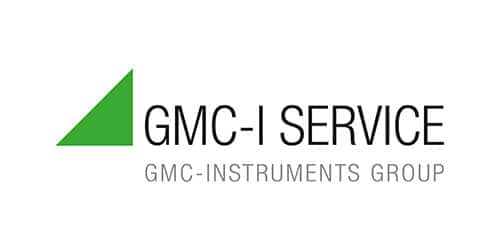
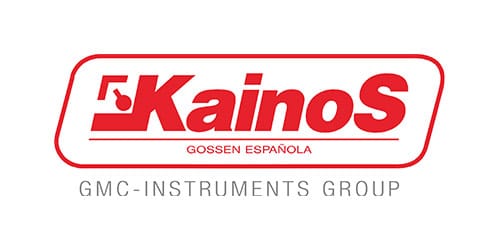
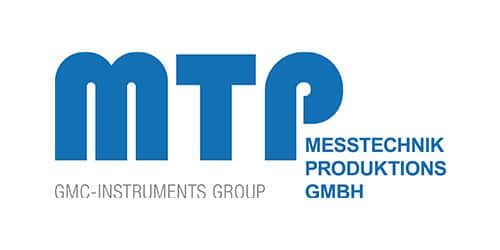
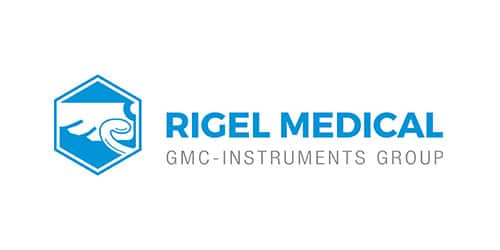
Sign up to our Newsletter.
Stay up to date with the latest industry and product news, as well as our free educational content such as webinars and our expert guides.
Close